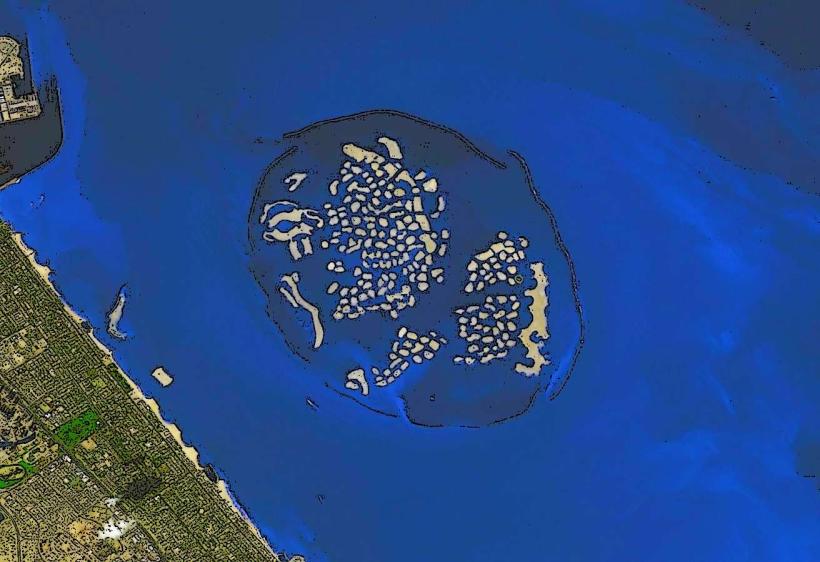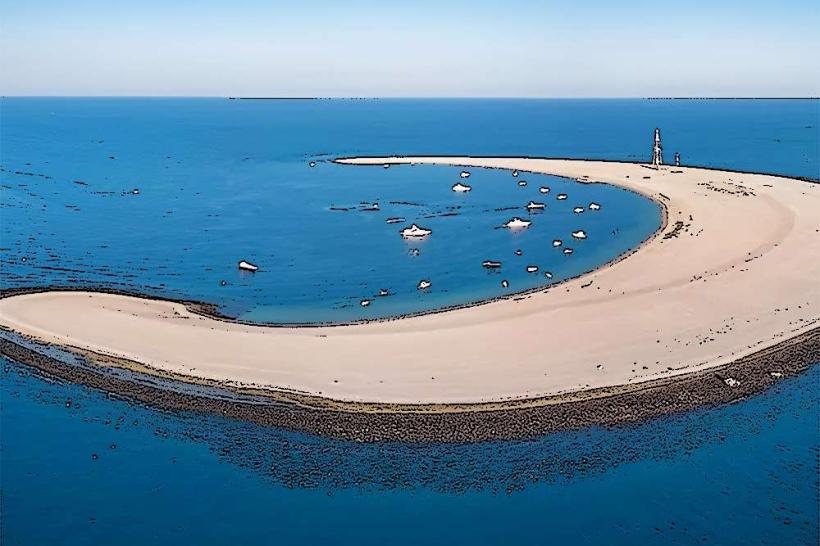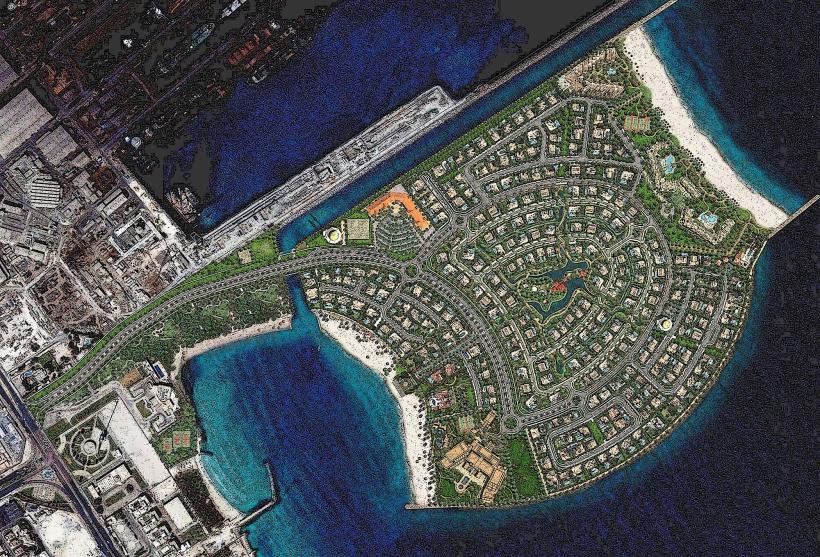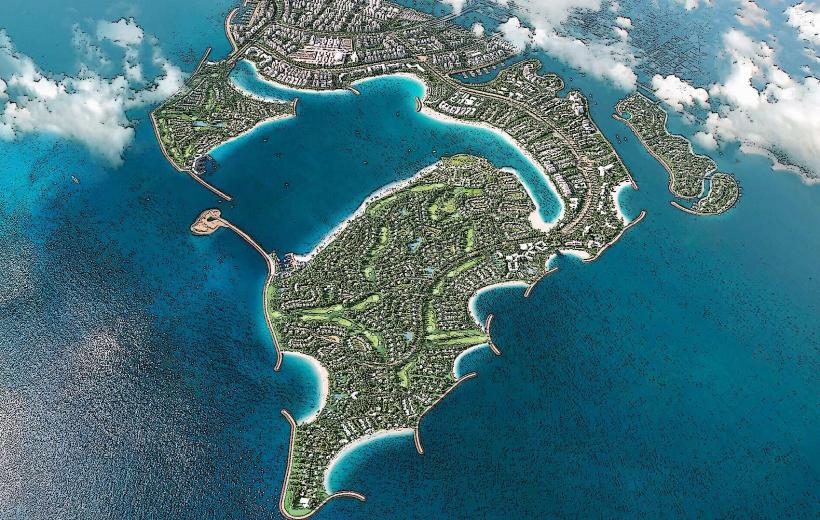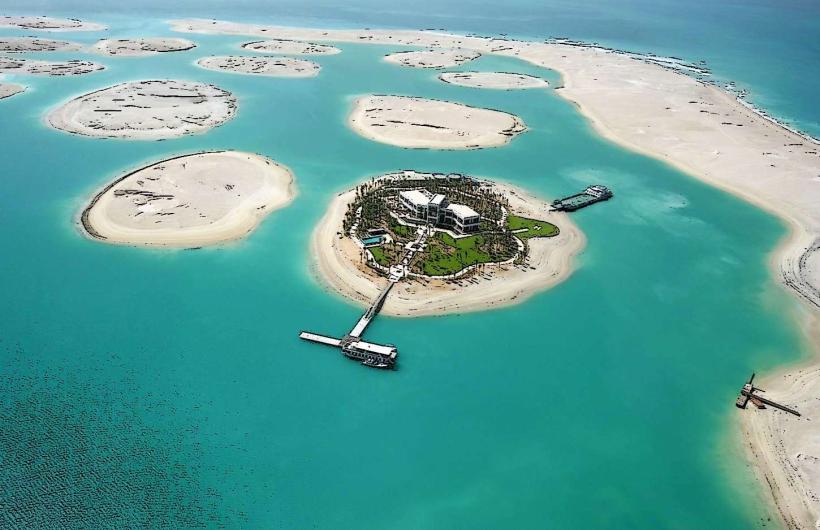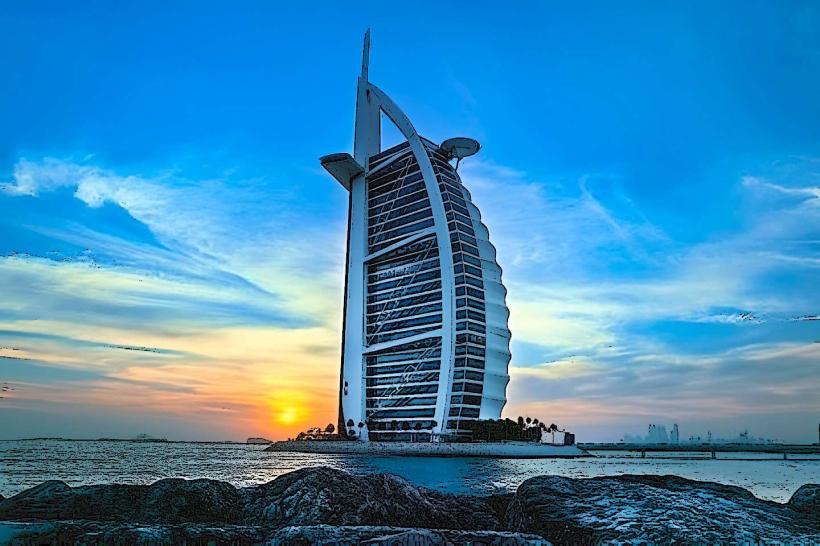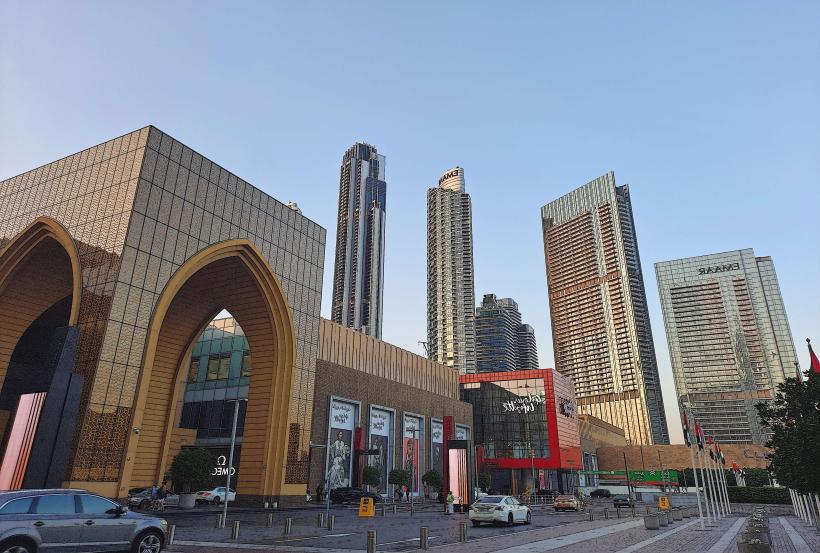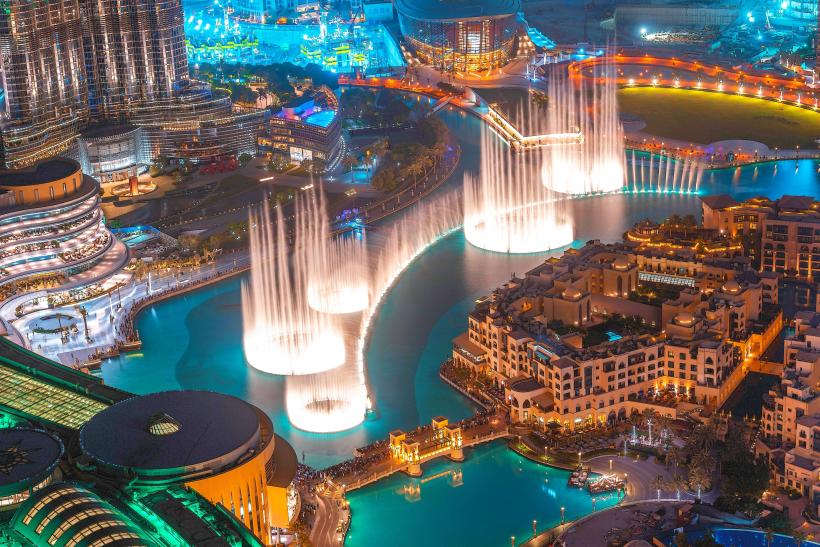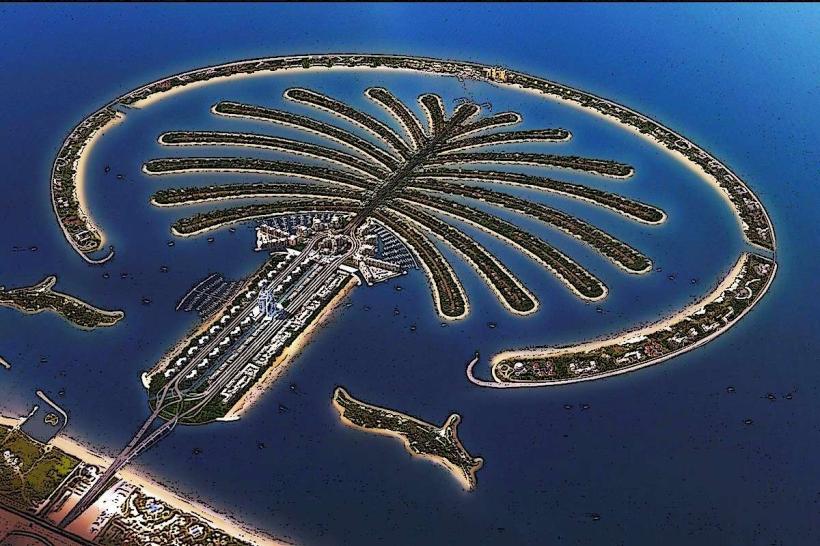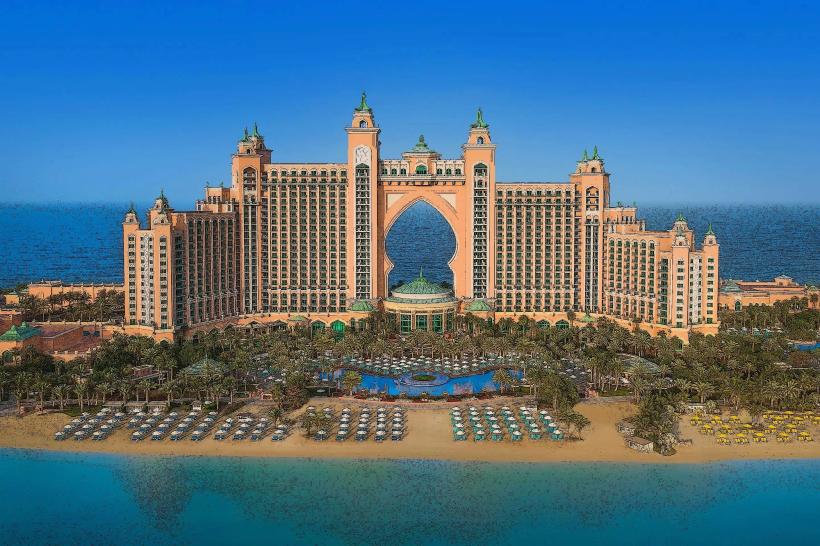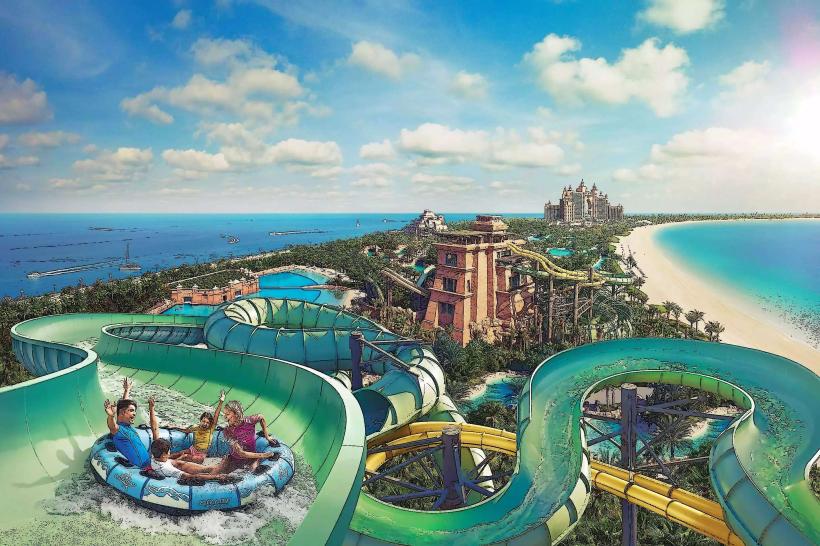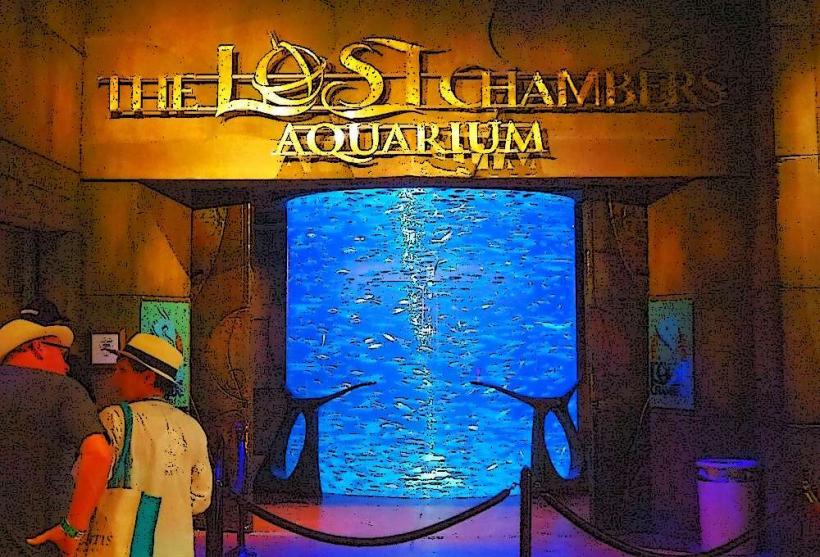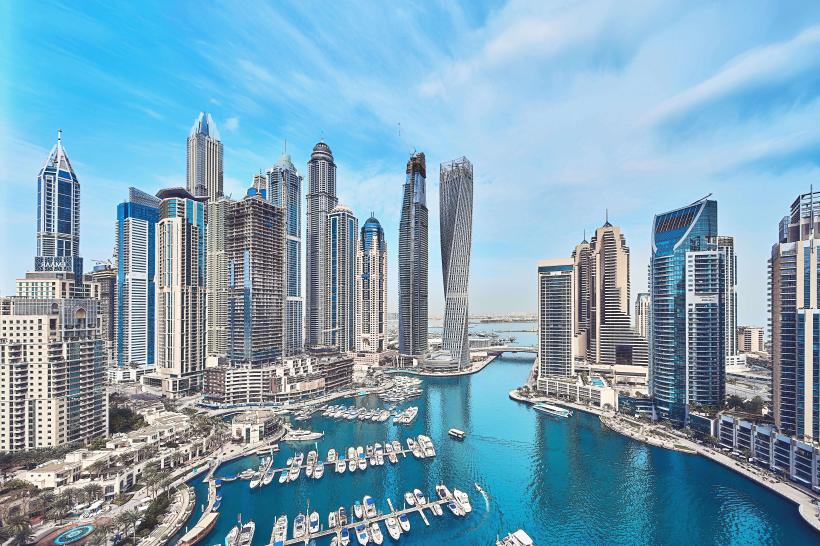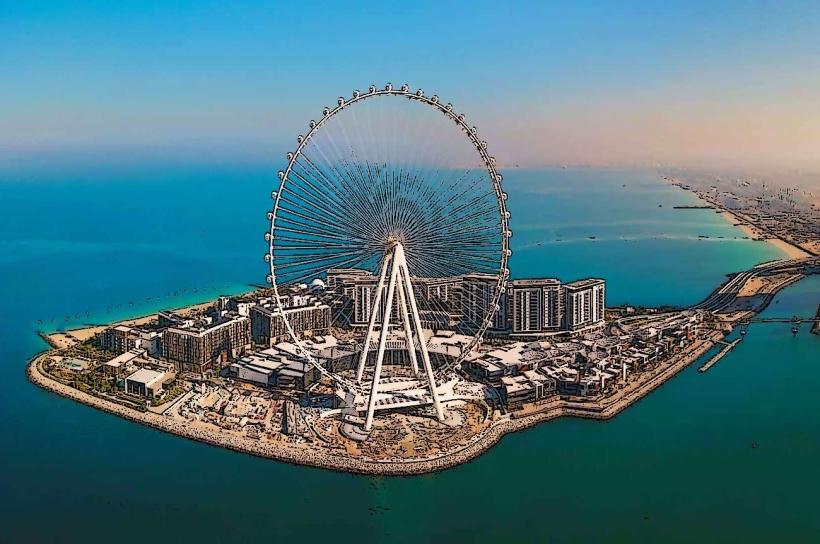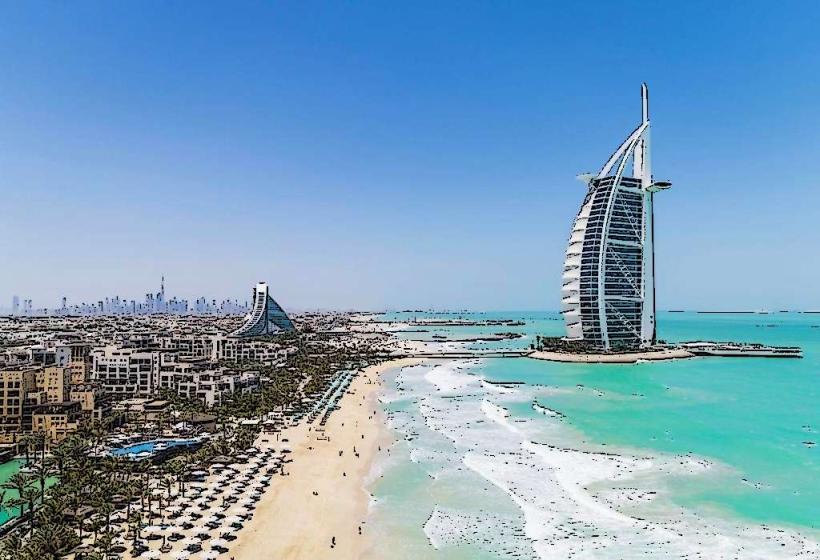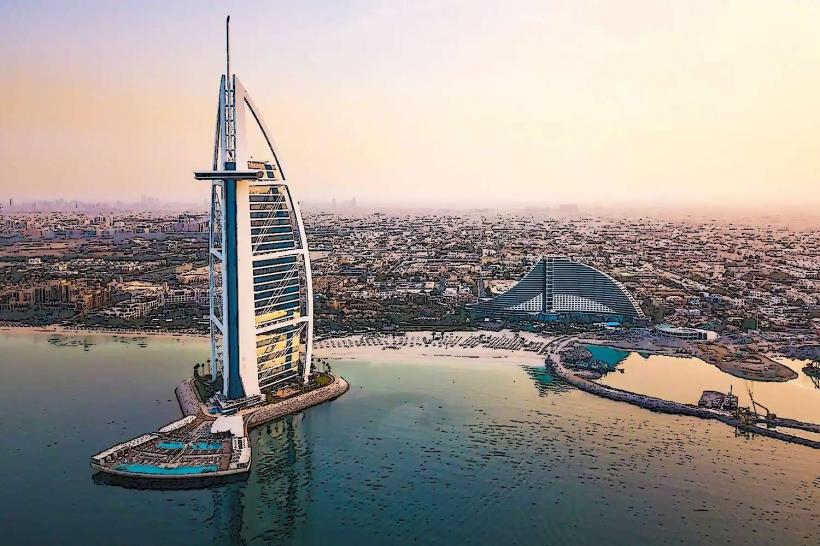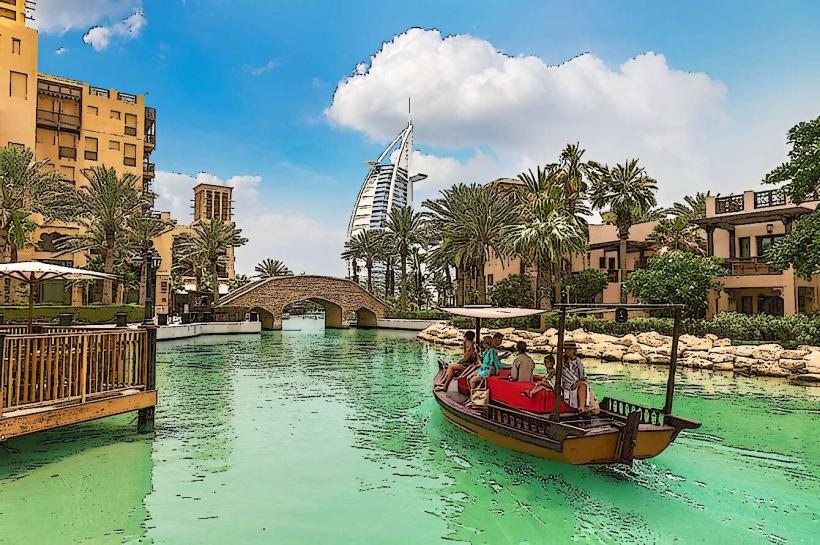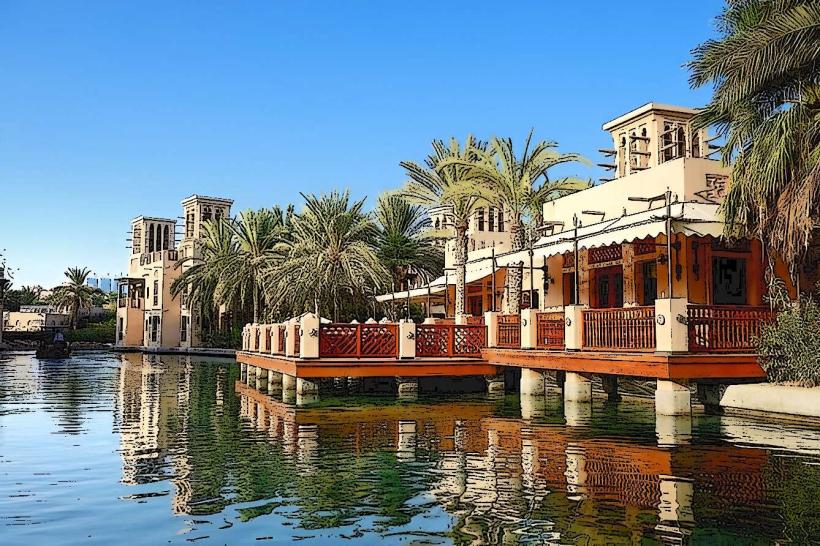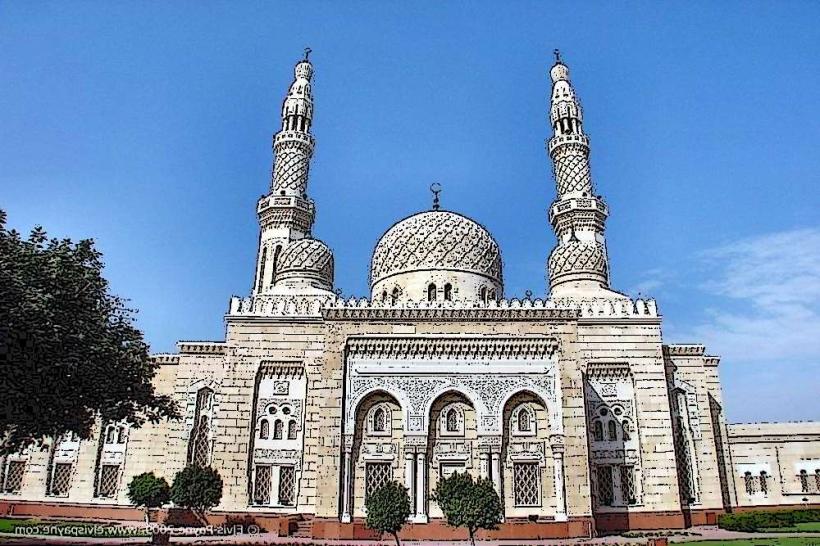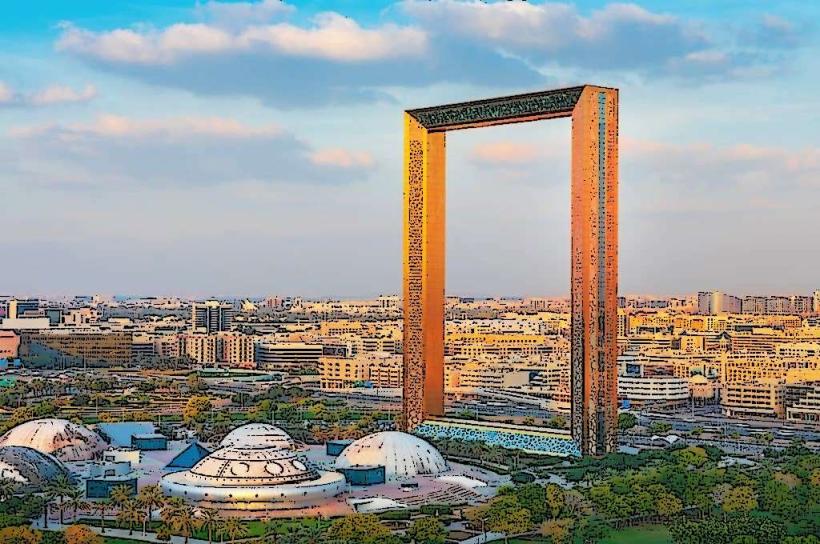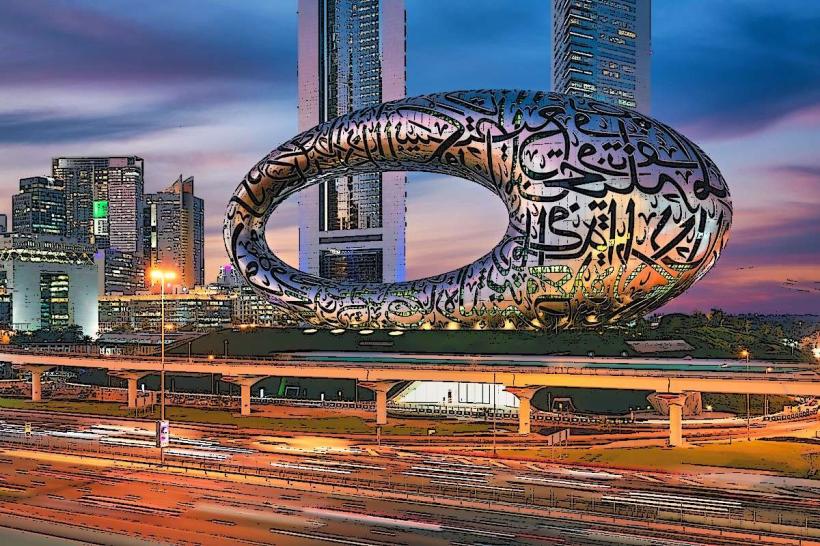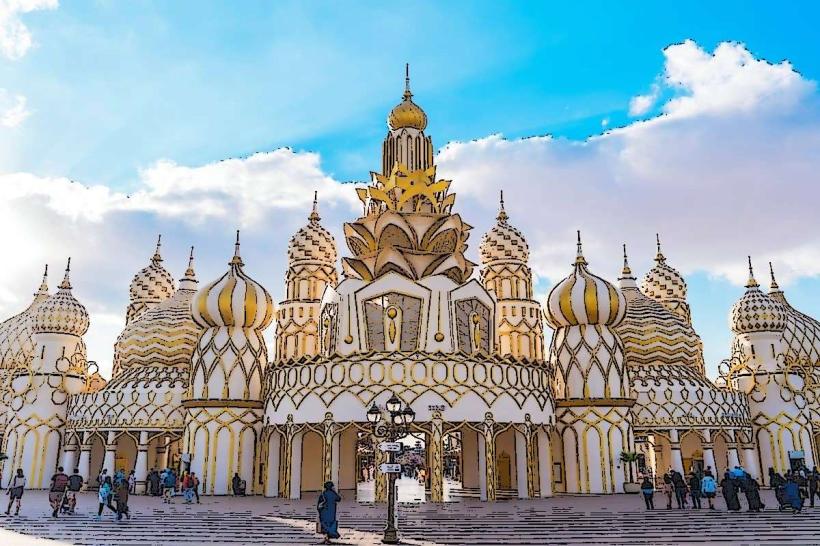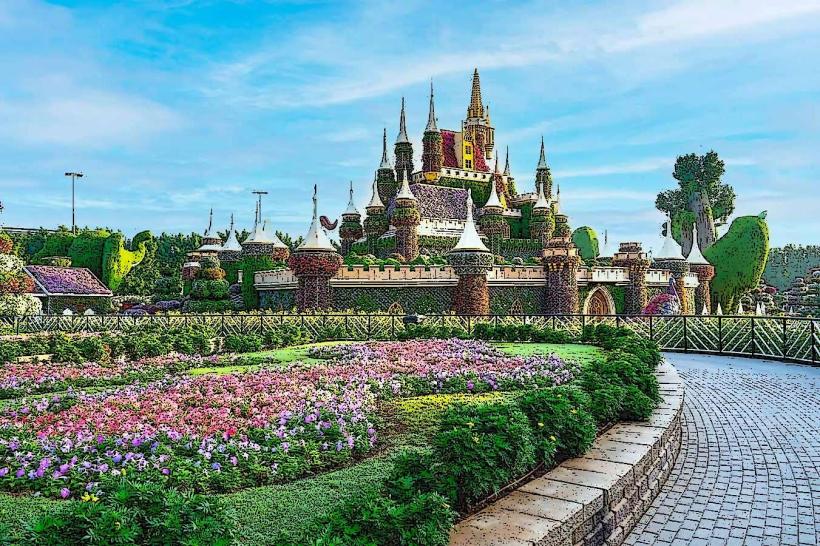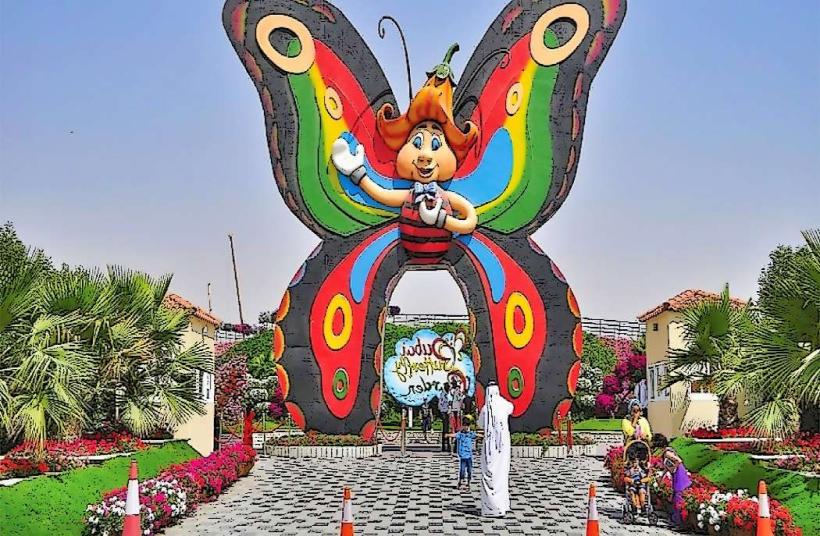Information
City: DubaiCountry: United Arab Emirates
Continent: Asia
Dubai, United Arab Emirates, Asia
Dubai serves as the primary commercial, financial, and aviation hub of the United Arab Emirates and is the most populous city in the federation. It is located on the southeastern coast of the Persian Gulf, positioned within the Arabian Desert at the northern edge of the Emirate of Abu Dhabi.
Historical Timeline
Dubai was formally founded in 1833 when approximately 800 members of the Bani Yas tribe, led by the Al Maktoum family, established a fishing and pearling settlement at Dubai Creek. The city operated as a British protectorate under the Trucial States from 1892 until the federation's independence. The most significant urban reconstruction began in the late 1960s following the discovery of oil in 1966, leading to the 1971 formation of the UAE. The primary event that shaped the current urban form was the launch of the Dubai Strategic Plan in the early 2000s, which shifted the economy toward tourism, real estate, and aviation.
Demographics & Population
The metropolitan population is approximately 3.7 million residents as of 2026. The demographic composition is approximately 90% expatriate, with the top three nationalities being Indian (35%), Pakistani (15%), and Bangladeshi (10%). The median age of the population is 32 years.
Urban Layout & Key Districts
The city is organized linearly along the coastline, bisected by the Dubai Creek. Deira and Bur Dubai (Historic Center) are located to the North. Downtown Dubai (Business/Tourism) serves as the central core. The Dubai Marina and Jumeirah Beach Residence (JBR) districts are situated to the Southwest.
Top City Landmarks
Burj Khalifa (Downtown)
Museum of the Future (Sheikh Zayed Road)
Palm Jumeirah (Artificial Archipelago)
Burj Al Arab (Umm Suqeim)
Dubai Frame (Zabeel Park)
Transportation Network
Internal movement is supported by the Dubai Metro (Red and Green driverless lines) and the Dubai Tram in the Marina area. Ride-sharing is dominated by Careem and Uber. Official taxis are cream-colored with varying roof colors (red, green, blue, yellow) indicating different franchise operators; pink-roofed taxis are reserved for women. Traffic density is extreme on Sheikh Zayed Road (E11) during peak morning and evening hours.
Safety & "Red Zones"
Dubai maintains one of the highest global safety ratings with very low violent crime rates. There are no designated "red zones." Travelers should remain vigilant in high-traffic souks (Deira) for minor pickpocketing. Common scams involve "accidental" luxury goods sales from vehicles or fraudulent phone calls claiming to be from the Dubai Police or central banks.
Digital & Financial Infrastructure
Average fixed internet speeds are 250+ Mbps. Main mobile carriers are Etisalat (e&) and Du. Card acceptance is nearly 100% across the city, including for government services and taxis via Nol cards or credit. ATMs are ubiquitous in malls, metro stations, and petrol stations.
Climate & Air Quality
Temperatures range from 14°C to 25°C in winter (December–March) and 30°C to 48°C in summer (June–September). Air quality is frequently affected by particulate matter from desert dust storms. High humidity in August can result in a heat index exceeding 55°C.
Culture & Social Norms
Tipping is not mandatory but 10–15% is standard in hospitality. Greetings often involve a handshake; however, wait for a woman to initiate. Dress codes require modesty in public malls (shoulders and knees covered). Alcohol is restricted to licensed hotels and bars; public intoxication or drinking in non-designated areas is a criminal offense.
Accommodation Zones
Downtown Dubai: Stay here for walking access to the Burj Khalifa, Dubai Mall, and Metro connectivity.
Dubai Marina/JBR: Stay here for beach access, pedestrian promenades, and nightlife logistics.
Local Cost Index
1 Espresso: 22 AED ($6.00)
1 Standard Lunch: 65 AED ($17.70)
1 Metro Ticket (All Zones): 8.50 AED ($2.30)
Nearby Day Trips
Abu Dhabi (Grand Mosque/Louvre): 140 km (1.5 hours)
Hatta (Kayaking/Mountains): 130 km (1.5 hours)
Al Ain (Oasis/Forts): 150 km (1 hour 45 minutes)
Sharjah (Museums/Heritage): 25 km (30 minutes)
Facts & Legends
A verified historical oddity is that the Burj Khalifa was originally named "Burj Dubai" until the day of its opening in 2010, when it was renamed in honor of the ruler of Abu Dhabi following a multi-billion dollar bailout of Dubai's debt. A persistent urban legend regarding the tower claims it lacks a centralized sewage system and relies on a fleet of "poop trucks," though this was a temporary logistical issue during early phases and has since been resolved with integrated infrastructure.

